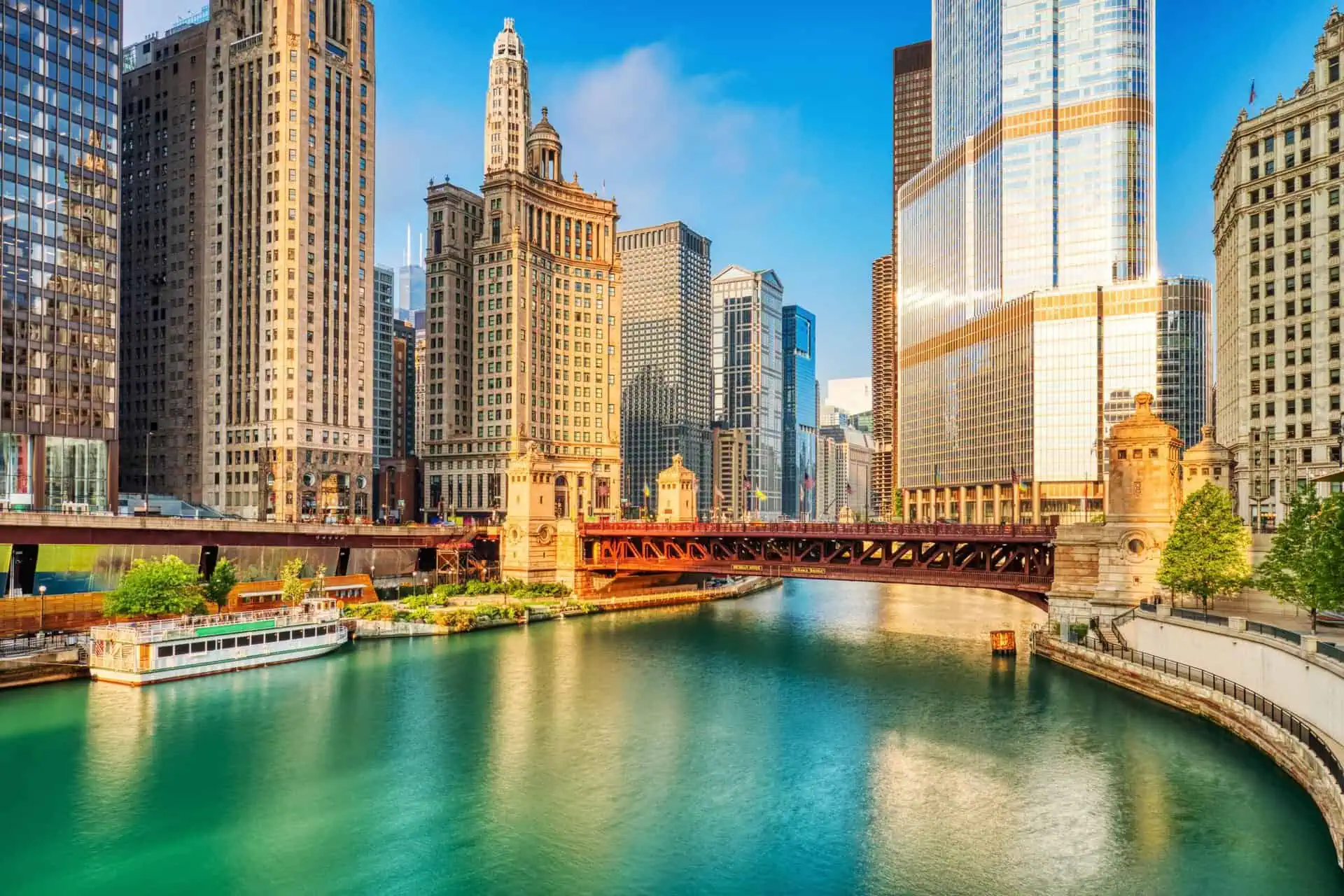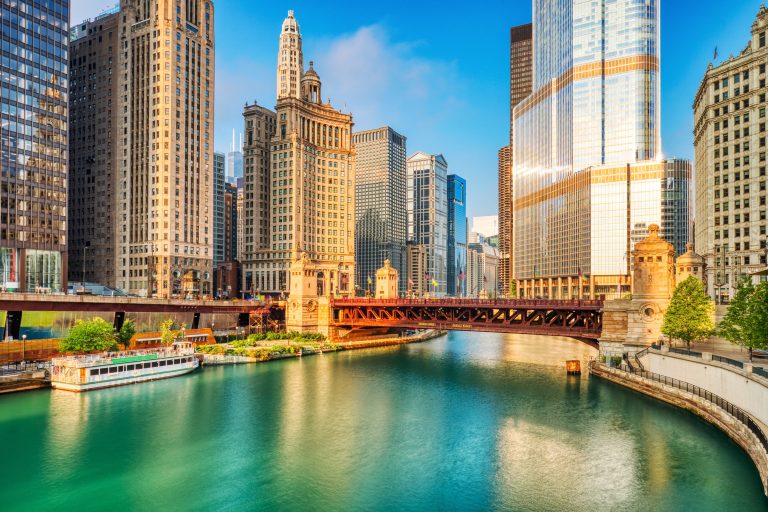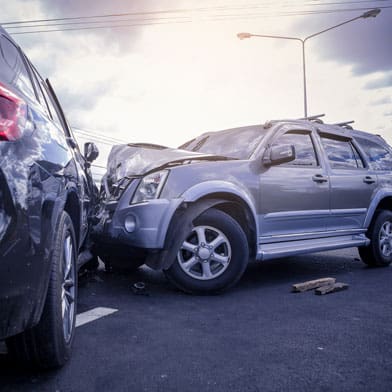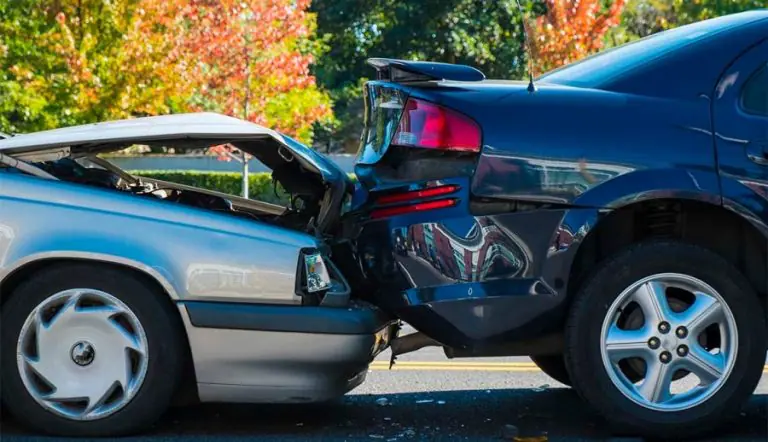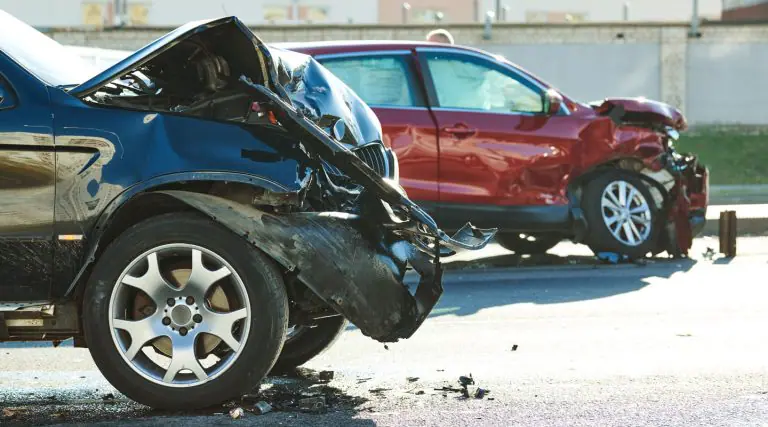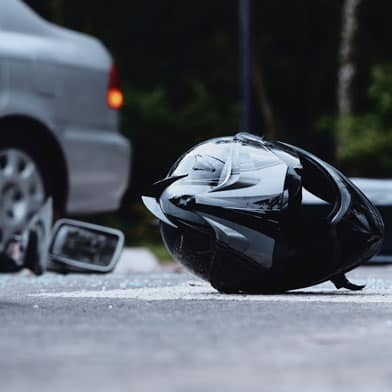Federal and state regulations aim to reduce the number of injuries and deaths at job sites and the Occupational Safety and Health Administration (OSHA) “routinely investigates and penalizes negligent employers”, but those repercussions have not prevented more injuries and deaths from occurring.
Apparently, the problem is even getting worse.
According to Fair Warning, the Bureau of Labor Statistics shows that 887 workers died in falls in 2017:
- “The most since the agency started tracking job-related fatalities nearly three decades ago.”
Regulating industries have attempted to educate both companies and employees on safety through a public awareness campaign, but those efforts seem to have made little difference.
The major problem?
Large companies adhere to safety standards and even go as far as sending their employees to safety classes, but the gap is with small companies who primarily work in residential construction.
The Center for Construction Research and Training says fatal falls more than doubled in residential construction between 2011 and 2015.
Chris Cain, the center’s executive director, said:
- “Contractors with very few employees don’t have sophisticated safety and health programs.”
From 2011 to 2015, less than one-third of construction workers were employed by firms with 10 or fewer employees.
But this group accounted for over 60 percent of fall deaths in construction, according to the center.
How Common are Claims?
“Each year, approximately 200,000 work-related accidents occur.”
The statistics do not lie – work-related accidents are unfortunately common, and in turn, workers’ compensation claims are also common.
Of those 200,000 accidents, 40,000-45,000 were filed with the Illinois Workers’ Compensation Commission in 2016.
In Chicago alone, 17,495 claims were filed, not including the surrounding suburbs such as Joliet or Geneva.
Many think work-related accidents only occur in construction.
But, in reality, there are many industries that, if an employee is injured, can fall under the Workers’ Compensation Commission.
Of course, construction is one of those industries, but there are also factories, railroads, trucking, and even organizations that employ union workers.


